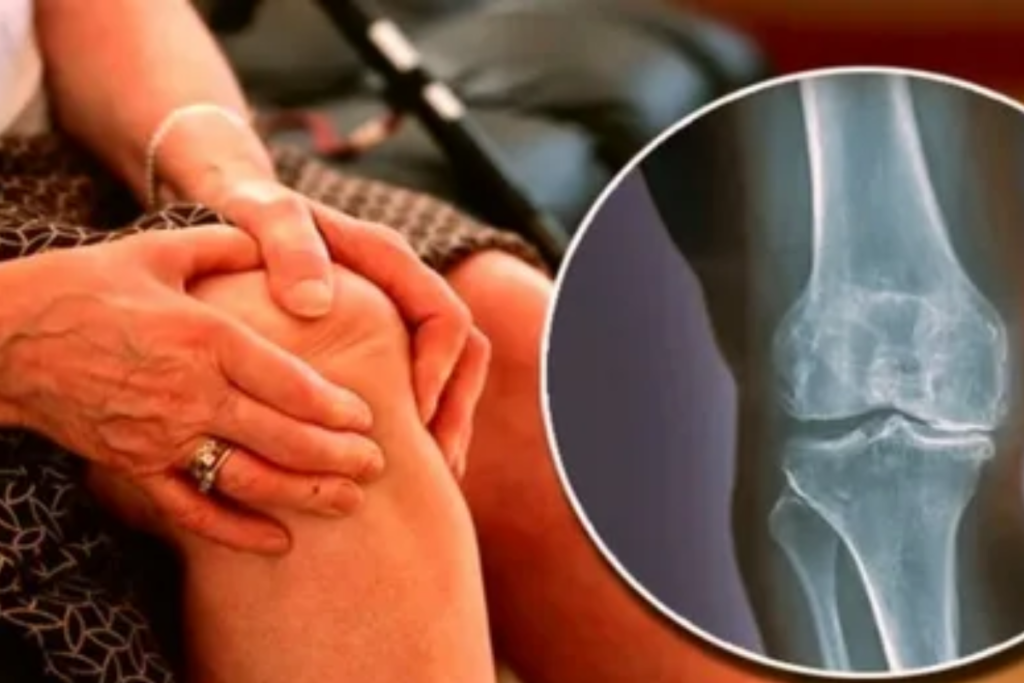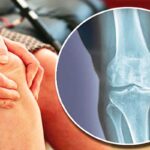
Degenerative arthritis, or osteoarthritis, is a chronic joint condition characterized by the progressive breakdown of cartilage and bone within joints. It is one of the most common forms of arthritis, affecting millions of people worldwide, particularly as they age. While degenerative arthritis predominantly affects older adults, it can also develop in younger individuals due to joint injuries, obesity, or genetic factors.
Understanding Degenerative Arthritis
Degenerative arthritis primarily targets the smooth cartilage that covers the ends of bones within joints. This cartilage serves as a cushion and allows smooth joint movement. However, with degenerative arthritis, this protective cartilage gradually wears away, leading to friction between bones during movement. As a result, affected joints become painful, stiff, and swollen over time. Commonly affected joints include those in the hands, knees, hips, and spine.
Importance of Early Diagnosis
Early diagnosis of degenerative arthritis is critical for several reasons:
- Early Intervention: Identifying degenerative arthritis in its initial stages allows for prompt initiation of treatment strategies. Early intervention can help alleviate symptoms such as pain and stiffness, prevent further joint damage, and improve overall joint function.
- Disease Management: Managing degenerative arthritis early on can significantly impact disease progression. Treatment options, such as lifestyle modifications, physical therapy, and medications, are more effective when started early, potentially slowing down the deterioration of joint health.
- Quality of Life: Patients who receive early diagnosis and appropriate treatment experience better outcomes in terms of pain relief, improved mobility, and enhanced quality of life. Early management helps individuals maintain independence and engage in daily activities with less discomfort.
- Prevention of Complications: Advanced stages of degenerative arthritis can lead to joint deformities, severe pain, and disability. Early diagnosis helps in implementing measures to prevent or delay these complications, thereby preserving joint function and mobility.
Diagnostic Methods
Diagnosing degenerative arthritis involves a combination of clinical evaluation, imaging tests, and sometimes laboratory investigations:
- Clinical Evaluation: A thorough physical examination to assess joint symptoms, range of motion, and signs of inflammation.
- Imaging Tests: X-rays are commonly used to visualize joint damage, including loss of cartilage, bone spurs, and joint alignment abnormalities. MRI scans provide detailed images of soft tissues, helping to assess the extent of joint damage and inflammation.
- Laboratory Tests: While not diagnostic for degenerative arthritis itself, blood tests may be used to rule out other forms of arthritis or to check for markers of inflammation.
Treatment Approaches
Treatment for degenerative arthritis focuses on symptom management, improving joint function, and slowing disease progression:
- Medications: Pain relievers such as acetaminophen or NSAIDs (nonsteroidal anti-inflammatory drugs) help reduce pain and inflammation. Injections of corticosteroids or hyaluronic acid may be used to provide temporary relief and improve joint lubrication.
- Physical Therapy: Tailored exercise programs help strengthen muscles around affected joints, improve flexibility, and reduce pain. Physical therapists also educate patients on joint protection techniques and adaptive aids.
- Lifestyle Modifications: Weight management through diet and exercise reduces stress on weight-bearing joints. Assistive devices such as braces or splints may be recommended to support and stabilize joints during daily activities.
- Surgical Options: When conservative treatments are insufficient, surgical interventions like joint repair or replacement may be considered. Joint replacement surgery, such as knee or hip replacement, aims to relieve pain, restore function, and improve quality of life.
Summary
Early diagnosis is crucial in effectively managing degenerative arthritis and improving patient outcomes. Dr. Ashish Suryawanshi, recognized as one of the best orthopedic surgeons in Pune, emphasizes the importance of early detection and treatment at his clinics in Nigdi and Thergaon. By diagnosing degenerative arthritis early, healthcare providers can implement timely interventions to alleviate symptoms, prevent joint deterioration, and enhance overall joint health. For individuals experiencing joint pain or stiffness, seeking early medical evaluation and adopting appropriate treatment strategies can significantly impact their long-term joint function and well-being. Early diagnosis empowers patients to take proactive steps towards managing their arthritis and maintaining an active, pain-free lifestyle.




